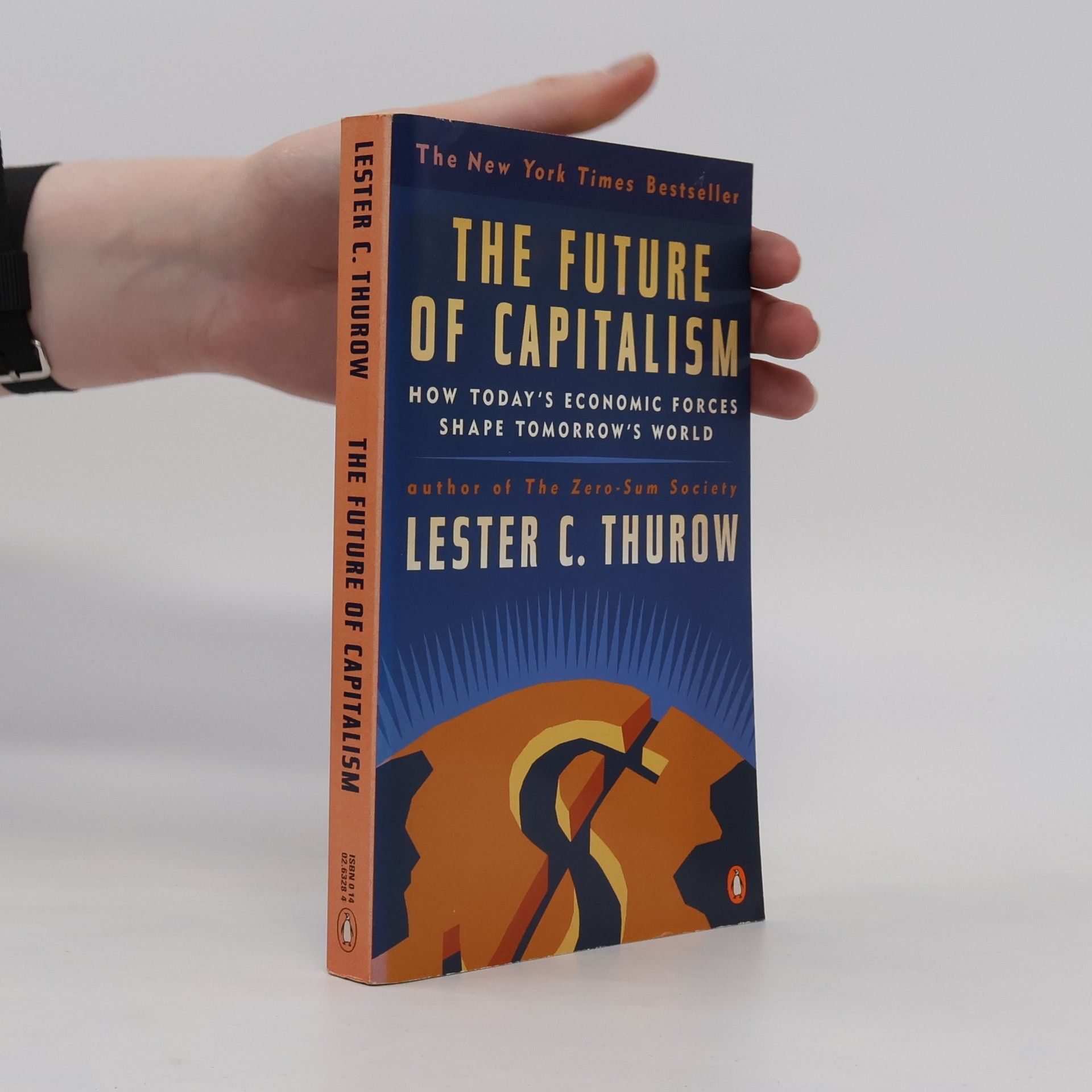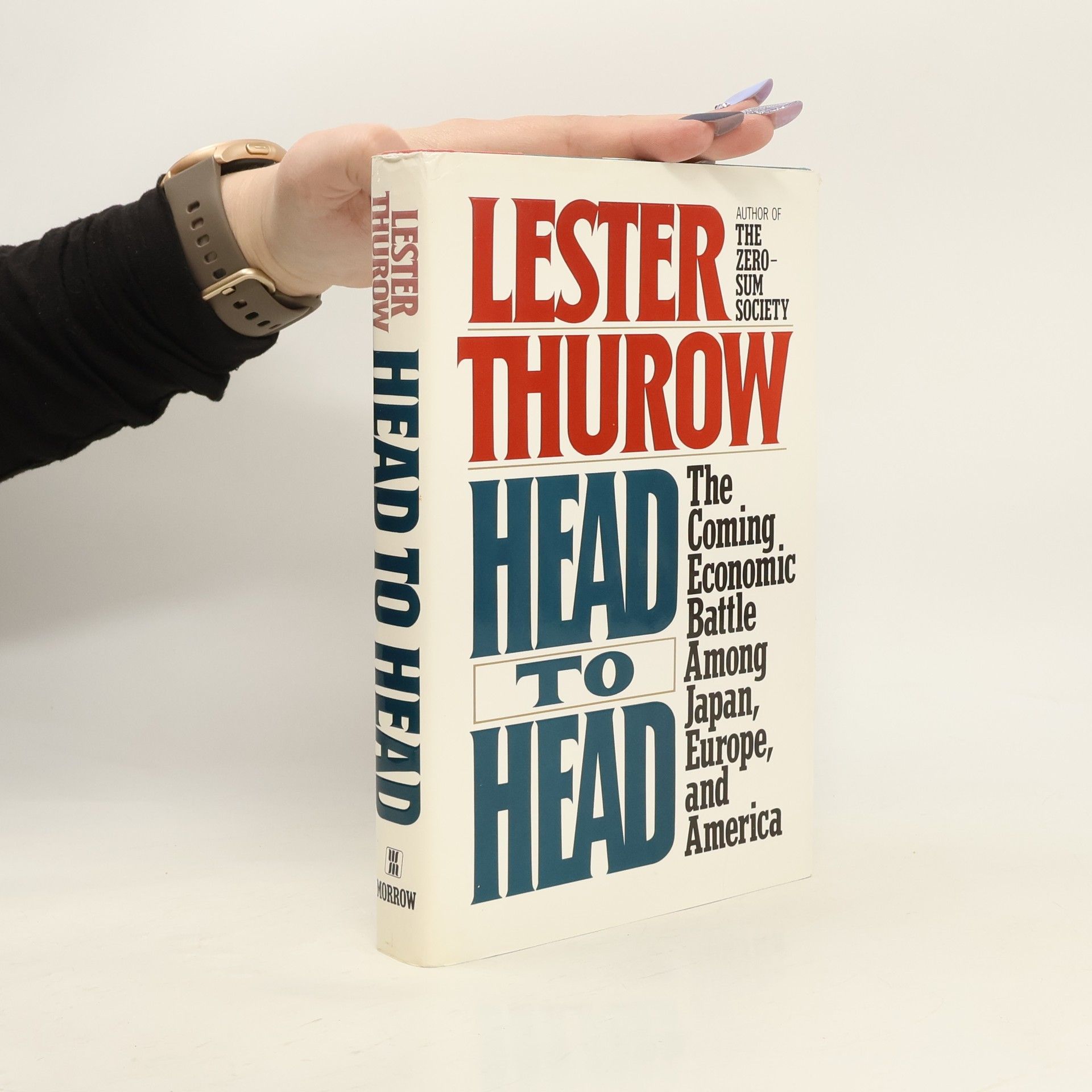Explores current global economics, explaining the basic adjustments that the future will demand and the traits necessary for prosperity
Lester C. Thurow Book order (chronological)
Lester Thurow is a leading economist whose works delve into the intricate relationships between economics, politics, and society. His analyses often focus on international economic competition, comparing different models of governmental involvement in the economy and advocating influential approaches that shape global discourse. Thurow's style is recognized for its clarity and ability to make complex economic concepts accessible to a broad audience. Through his impactful writings, he has contributed to a deeper understanding of future global economic forces and challenges.






The Future of Capitalism: How Today's Economic Forces Shape Tomorrow's World
- 400 pages
- 14 hours of reading
Cites America's economic trouble spots while charting a course for surviving and maintaining global leadership in the years to come.
Čo je ekonómia ?
- 223 pages
- 8 hours of reading
Objavuje sa trhová spoločnosť. Traja veľkí ekonómovia. Dva svety podnikania. Vývoj chudoby.
Kopf an Kopf
- 347 pages
- 13 hours of reading
With the dismantling of the Berlin Wall in 1989 and the collapse of the USSR in 1991, the Cold War era ended, giving rise to a new economic struggle among three superpowers, each engaging in capitalism differently. The United States, now the second-largest economy, faces stagnation and escalating federal deficits, prompting Americans to recognize a pivotal moment. One of the nation’s leading economists offers a dynamic assessment of this evolving economic landscape, highlighting the competition's new rules, the strengths and weaknesses of each player, and the essential information needed to succeed. Surprises abound; success requires radical new skills and innovative thinking. For instance, the 1990s will not have clear winners, but the inability to cooperate with adversaries could lead to destruction. A reevaluation of essential resources is crucial for thriving in this environment before the year 2000. Seven key industries are identified as vital for maintaining a high standard of living, raising questions about how to sustain competitiveness in these sectors. Education emerges as the most powerful tool in this new economic warfare, emphasizing the need to close the education gap. Additionally, fostering teamwork in unfamiliar ways is essential for Americans to adapt and succeed.
Dangerous Currents
- 259 pages
- 10 hours of reading
A leading liberal economist presents a critique of recently ascendant conservative economic theories, arguing that none of these theories offers an accurate picture of economic realities